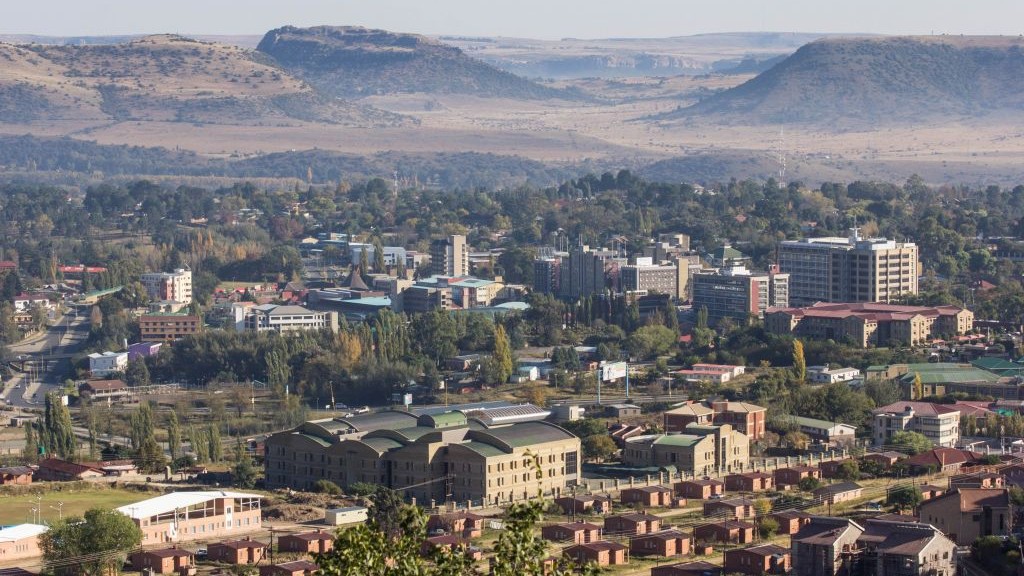By ‘Majirata Latela
The government of Lesotho has been urged to work hand in hand with development partners to design recovery packages to assist small and medium enterprises (SME).
This appeal was made by Private Sector Development Foundation president Thabo Qhesi, commenting on how Lesotho’s SMEs can recover after the global Covid-19 pandemic and what kind of help they will need.
Qhesi acknowledged that, while the effects of Covid-19 are destabilizing for many enterprises, the effects are particularly challenging for SMEs, many of which are facing severe losses in revenue and rely on limited reserves, while facing less access to finance.
The impact of Covid-19 is felt by almost everyone in the business sector, but small medium enterprises have been hit hard by the pandemic, more than medium, large firms and businesses. Some have had to close down their businesses after they ended up consuming stock and capital money during the lockdown.
Even though the government promised to help some businesses to recover from the lockdown, some were not even able to survive for a mere month after the lockdown. While waiting for funding from the government which has not yet been forthcoming, uncertainty abounds as to how they will recover and how long it will take.
With studies having also shown that SMEs may face an added challenge because they often rely on a limited number of suppliers and have less flexibility in managing their costs, Qhesi pointed out that generally, Covid-19 has changed the landscape globally thereby giving the essential service businesses an edge over non-essential service businesses.
As a result, he said, the SMEs are equally affected like corporates in terms of relying on limited number of suppliers.
Commenting on the pandemic’s impact on trade, he said:
“At present, most exports for Lesotho are done for USA markets under the AGOA trade arrangement, especially in textile and apparel sector. This sector has employed around 45,000 workers. With the impact of Covid-19, chances are that the level of orders from the USA market might be reduced or cancelled. This simply means that around 45,000 jobs are at risk.
“The government of Lesotho seems to be aware of the impact of Covid-19 and opted to refocus on agriculture and manufacturing. The fortunate part about this option is that already World Bank and the International Fund for Agricultural Development (IFAD) have availed financial resources in this regard. If done at large scale and complete value chain, more job opportunities would be created to substitute the textile and apparel sector.
“Again, relaxation of mining laws to allow small miners to do mining activities might also play a significant role in terms of job creation.”
Qhesi added that the closure of borders and enforcement of lockdown in various countries played a key role in the shortage goods and services. There has been closure of certain businesses and the shooting up of prices in certain commodities.
Because of the risks associated with Covid-19, the pandemic has ignited an economic crisis worse than that of 2008/09, with the global economy projected to contract by 3 per cent in 2020.
However, he was confident that Lesotho be able to recover from this crisis.
“Yes, Lesotho will be able to make it with the support of multi-lateral agencies such as World Bank, African Development Bank, and others to effect capital projects which can stimulate job creation.
“Already World Bank and IFAD availed financial resources for the Smallholder Agriculture Development Project, and the European Union for integrated catchment management. Agriculture, manufacturing, tourism and Information communication technology (ICT) are potential sectors which can make significant impact for economic growth,” concluded Qhesi as he touched on the areas that the country can focus on to make sure that the economy recovers.









